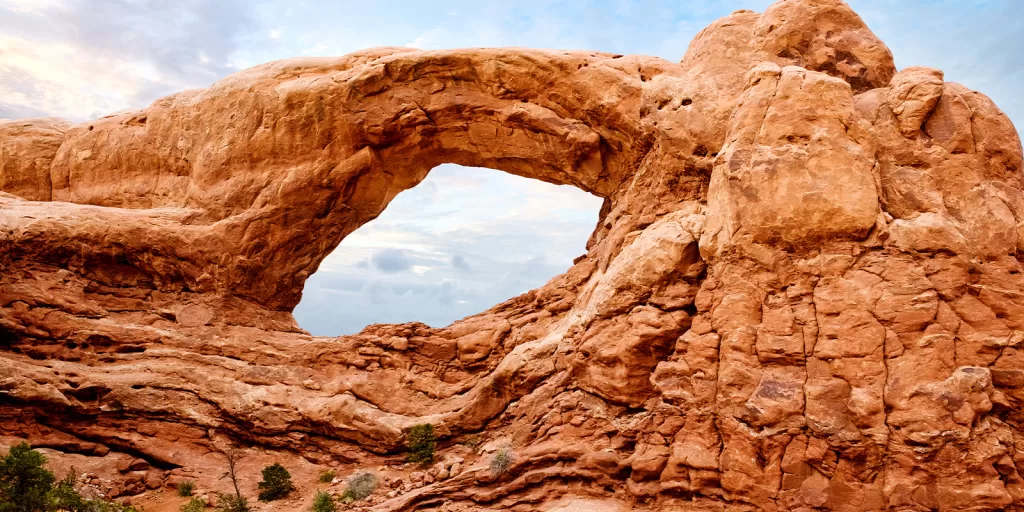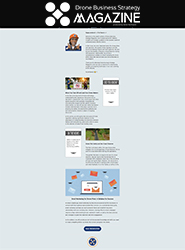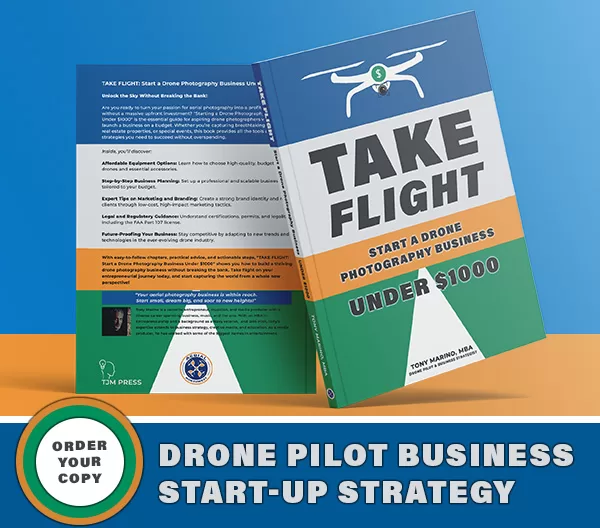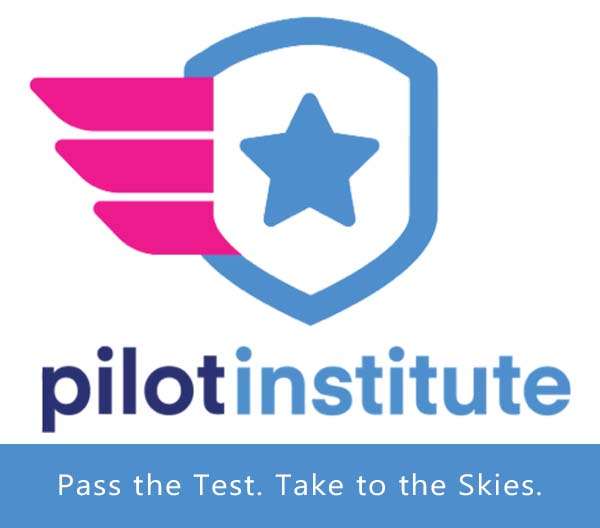
Imagine you are a drone pilot, filled with excitement as you embark on an adventure to explore the breathtaking landscapes of National Parks. Your drone, equipped with a high-quality camera, is ready to capture stunning aerial footage and create unforgettable memories. However, before taking flight, it’s essential to be aware of the rules and regulations governing drone usage in these pristine natural wonders.
In this article, we’ll explore the specifics of drone laws in National Parks, ensuring you have a safe and enjoyable flight experience while respecting the environment and wildlife around you.
Drone Operations Prohibited in National Parks
As a drone pilot, you must be aware that flying drones within the boundaries of National Parks is strictly prohibited by the National Park Service (NPS). These 417 national parks, including magnificent trails, majestic rivers, and historic sites, are carefully preserved to protect their ecological balance and natural beauty. While the general rule is no recreational drone flights, there are rare exceptions, such as when a special use permit is granted for specific activities like research or search and rescue missions. These missions recognize the value of drones in critical operations while ensuring the tranquility of the parks for all visitors.
Exceptions: National Forests and BLM Lands
Despite the no-drone policy in most National Parks, there is a glimmer of hope for drone enthusiasts. Some National Forests and lands managed by the Bureau of Land Management (BLM) may permit drone flights, excluding designated wilderness areas. This opens up exciting opportunities for you to capture stunning aerial views in these less restricted areas. However, remember to diligently research and understand the drone regulations of each park or area, as rules can differ depending on state and local guidelines.
Entering a Park with a Drone
As you venture into a National Park with your drone, remember that you cannot launch or operate it within the park’s boundaries. However, you can still bring your drone with you, as long as you follow these guidelines:
- Securely Packed: Before entering the park, make sure your drone is packed away securely in its original packaging. This precaution prevents any accidental flights and helps preserve the park’s serene atmosphere.
- Battery Removal: If your drone’s batteries are removable, remember to take them out during your park visit. This ensures your drone remains inactive and prevents any disturbance to fellow visitors and wildlife.
Using Drones for Emergency Purposes
In emergencies, drones can be a lifeline for search and rescue or public safety operations. If you find yourself in a situation where your drone can assist in these critical missions, you have the option to submit an exemption request to the Federal Aviation Administration (FAA). The FAA will carefully review your request, considering your support for federal, state, or local agencies and the necessity of using your drone for these essential missions.
Ban Applies to All Drones
It’s vital to recognize that the ban on drone operations in National Parks applies to all types of drones, regardless of their weight or size. The FAA exercises its authority to regulate airspace, ensuring safety and preventing interference with other aircraft, both manned and unmanned.
Essential Rules for Flying in National Parks
As a responsible drone pilot, adhere to these critical rules when flying your drone in areas outside National Parks:
- Age Requirement: You must be at least 16 years old to legally operate a drone.
- Certification or Training: Ensure you possess a current Remote Pilot Certification or equivalent training, such as an AMA-approved course, to fly responsibly and safely.
- Weight Limit: For safe operation, your drone’s weight must not exceed 55 pounds (~25 kg).
- Altitude Limit: To maintain a safe distance from other aerial traffic, keep your drone’s altitude below 400 feet (120 meters).
Understanding National Parks’ Significance
National Parks hold a unique and cherished place in our country’s heritage. These protected areas preserve the natural beauty, cultural heritage, and biodiversity of our nation. To safeguard these invaluable ecosystems and designated wilderness areas, commercial drone usage is prohibited, leading to the nationwide ban on drones. This measure ensures that future generations can experience the same wonder and beauty of these untouched landscapes.
Penalties for Violating Drone Laws
Given the paramount importance of protecting National Parks, penalties for violating drone laws within their boundaries are severe. If caught flying drones illegally, you may face fines up to $25,000, imprisonment for up to six months, or both. These penalties mirror those for Federal Aviation Administration (FAA) violations and can be enforced by any law enforcement agency within the park.
Conclusion: The Takeaway
As a drone pilot, your passion for aerial photography and exploration is undeniable. While National Parks may be off-limits for recreational drone flights, there are countless other scenic locations where you can capture stunning footage and create lasting memories. Remember that drones have a significant impact on the environment and wildlife, which is why respecting the rules set by the National Park Service and following federal regulations is crucial.
By doing so, you can continue to explore the world of drone photography responsibly and preserve the natural wonders around us for generations to come.
Be smart, safe, and forever fly!
If you have any questions, let us know! If you’d like to hire us, you can get more information here.
Written by: Tony Marino, MBA – FAA Certified Part 107 Commercial Drone Pilot and Chief Business Strategist at Aerial Northwest
Resources
Disclaimer: The information provided in this blog post is for general informational purposes only and should not be construed as legal advice.

DRONE BUSINESS STRATEGY MAGAZINE
A free digital publication made exclusively for all small business drone pilots to them help start-up, become profitable while sustaining a competitive advantage within the drone service industry sector they opt to serve.
“If you love to fly, we’d love to have you come aboard!”
We share your information with no one. Our Privacy Policy.









Leave a Reply
Your email is always safe with us.